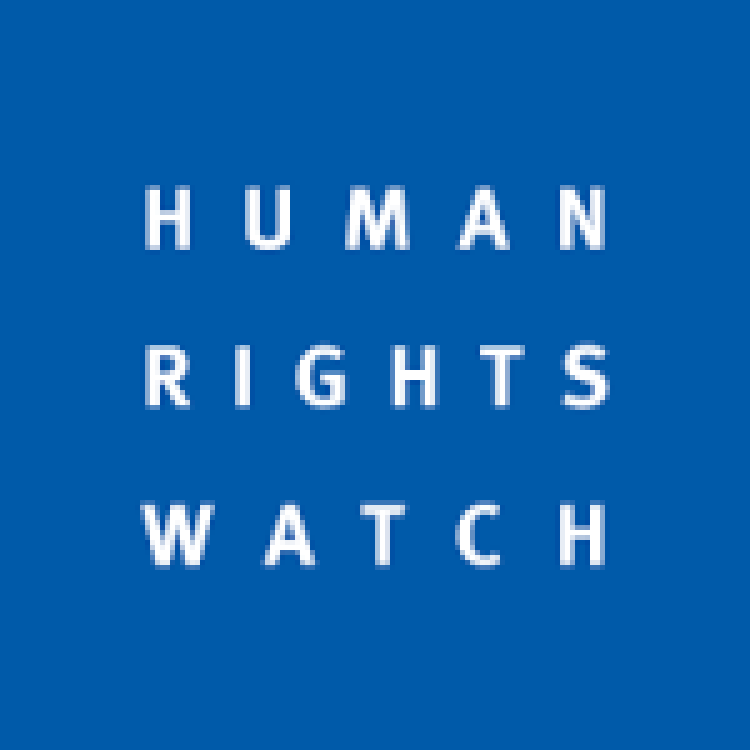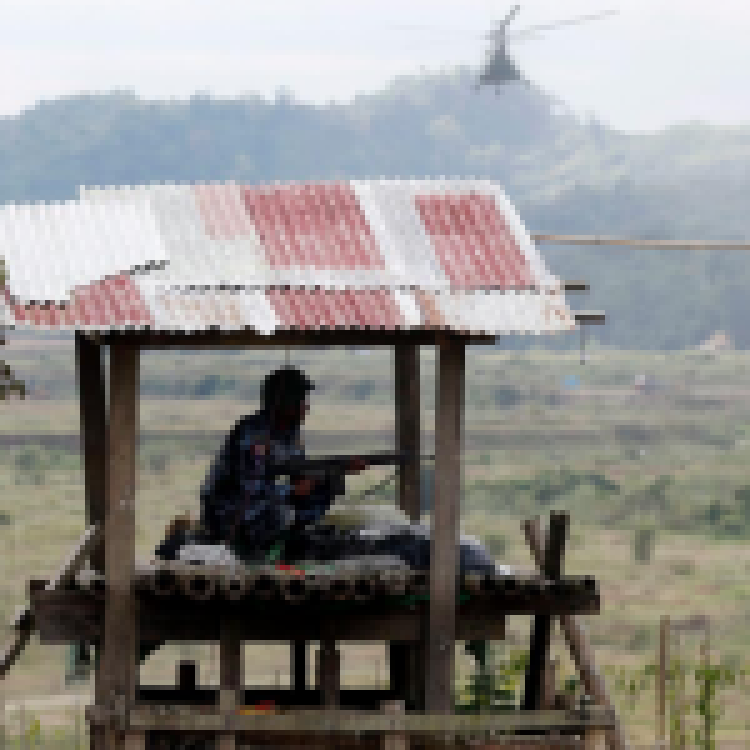.jpg)
Aung Suu Kyi, State Counsellor of Myanmar, will lead a delegation to the International Court of Justice (ICJ) to contest charges of genocide.
The allegations relate to the crimes committed against the largely Muslim Rohingya people in the northern state of Rakhine in 2017. The army led a brutal crackdown which led over 730,000 Rohingya to flee to Bangladesh. In 2018 the UN has reported that this crackdown was executed with “genocidal intent” and included mass killings, gang rapes and widespread arson. The delegation lead by Kyi will participate in public hearings from 10 to 12 December.
Read more here: UN Human Rights Council discuss new war crimes in Myanmar
Earlier this month, Gambia filed a 46-page document to the UN detailing the crimes of the Myanmar state against the Rohingya people, including mass murder, rape and destruction of communities in Rakhine state.
In their document, Gambia listed the violations of the Genocide convention by describing how;
“killing, causing serious bodily and mental harm, inflicting conditions that are calculated to bring about physical destruction, imposing measures to prevent births, and forcible transfers, are genocidal in character because they are intended to destroy the Rohingya group in whole or in part” in direct violation of the Genocide Convention”
Read the Guardian's reporting here.



